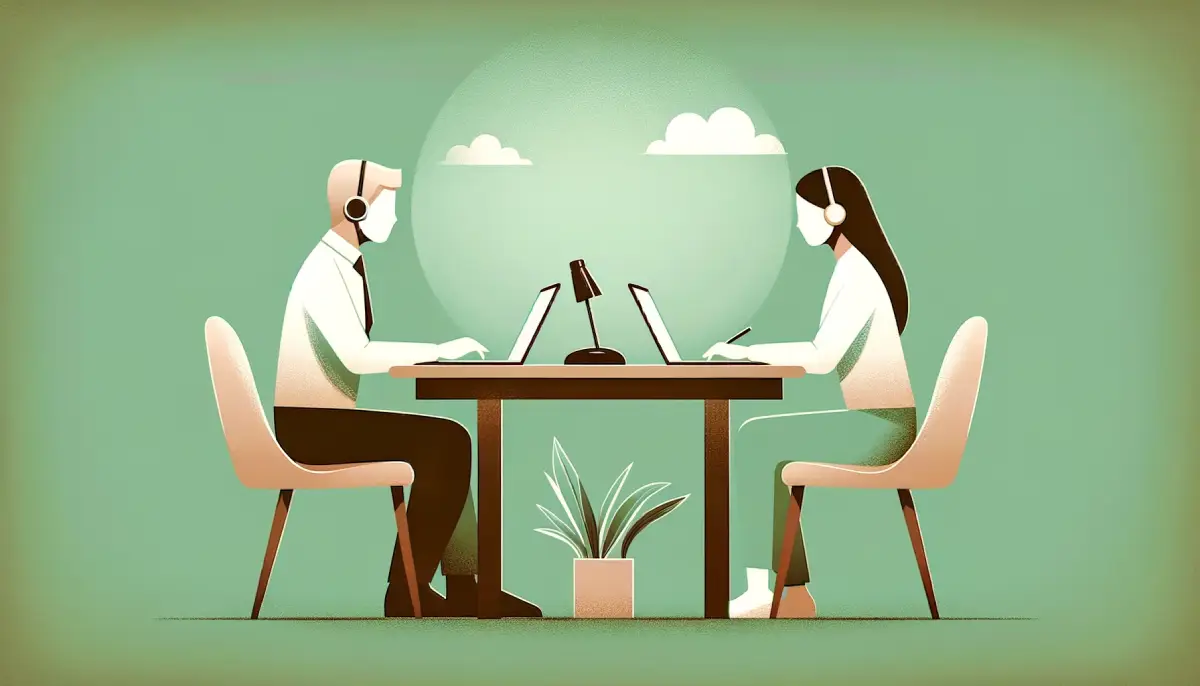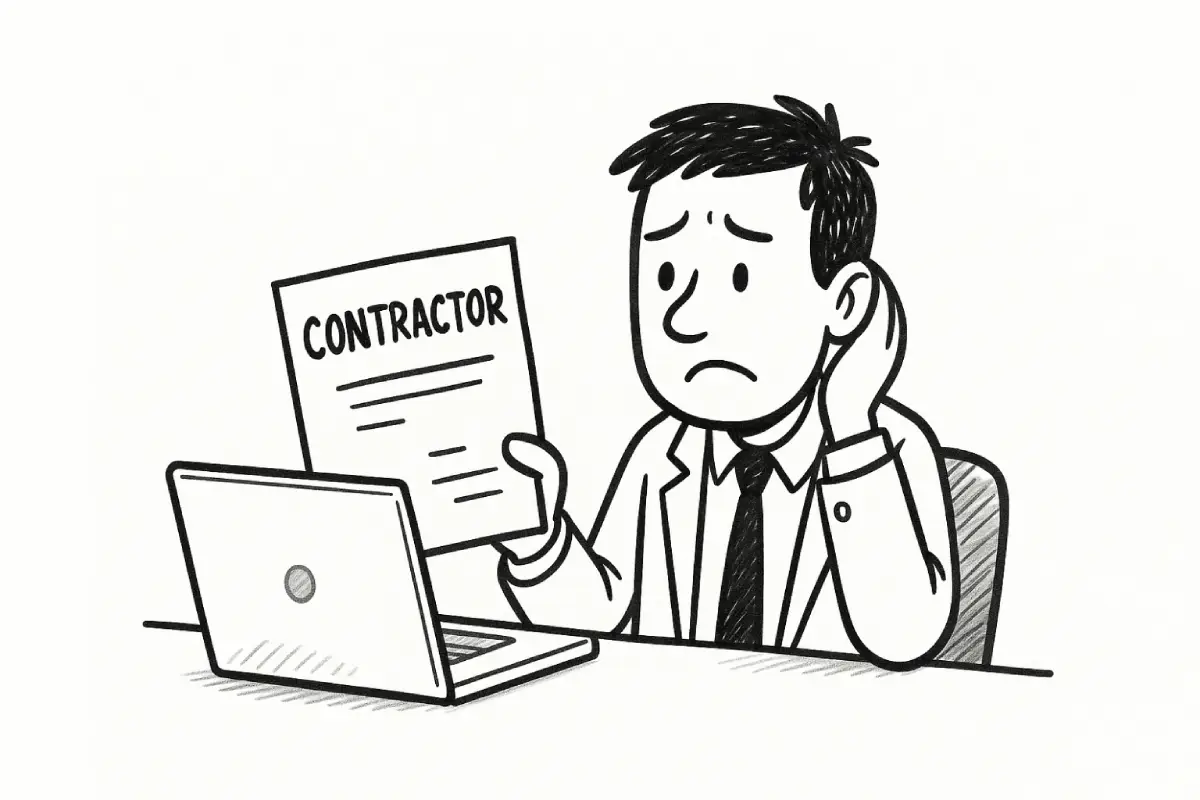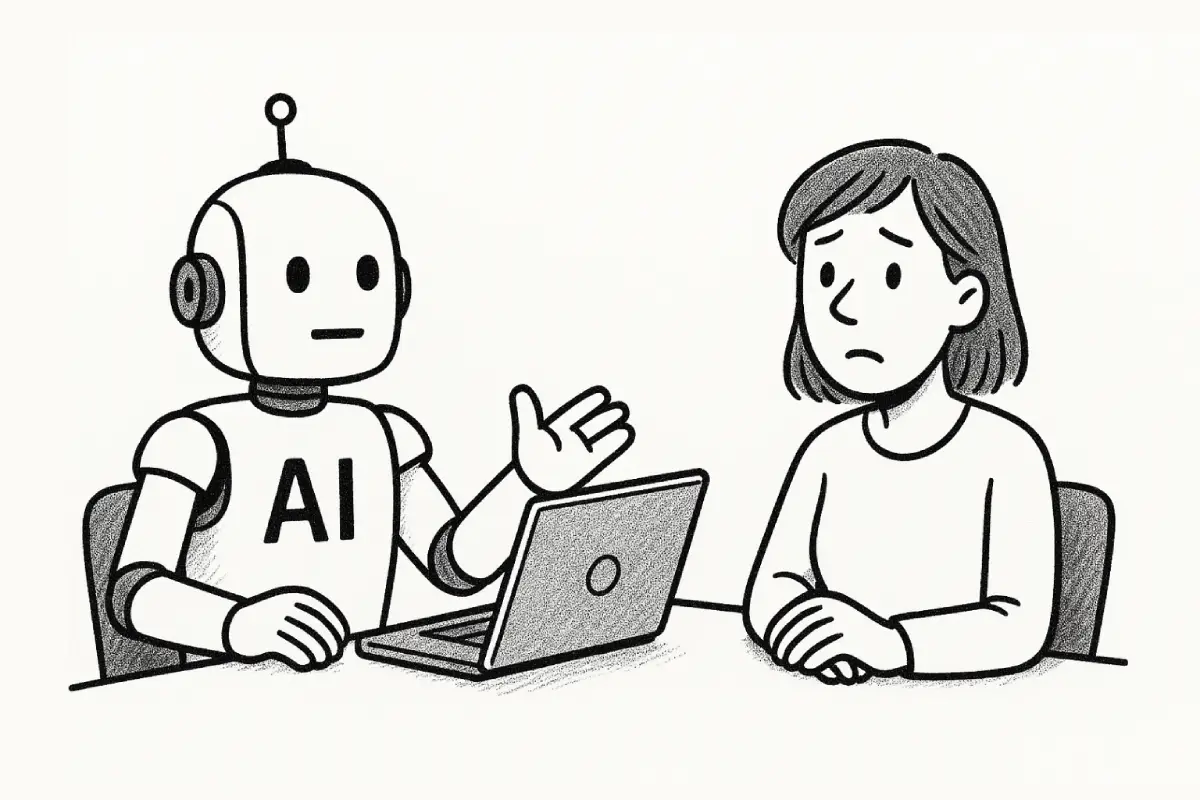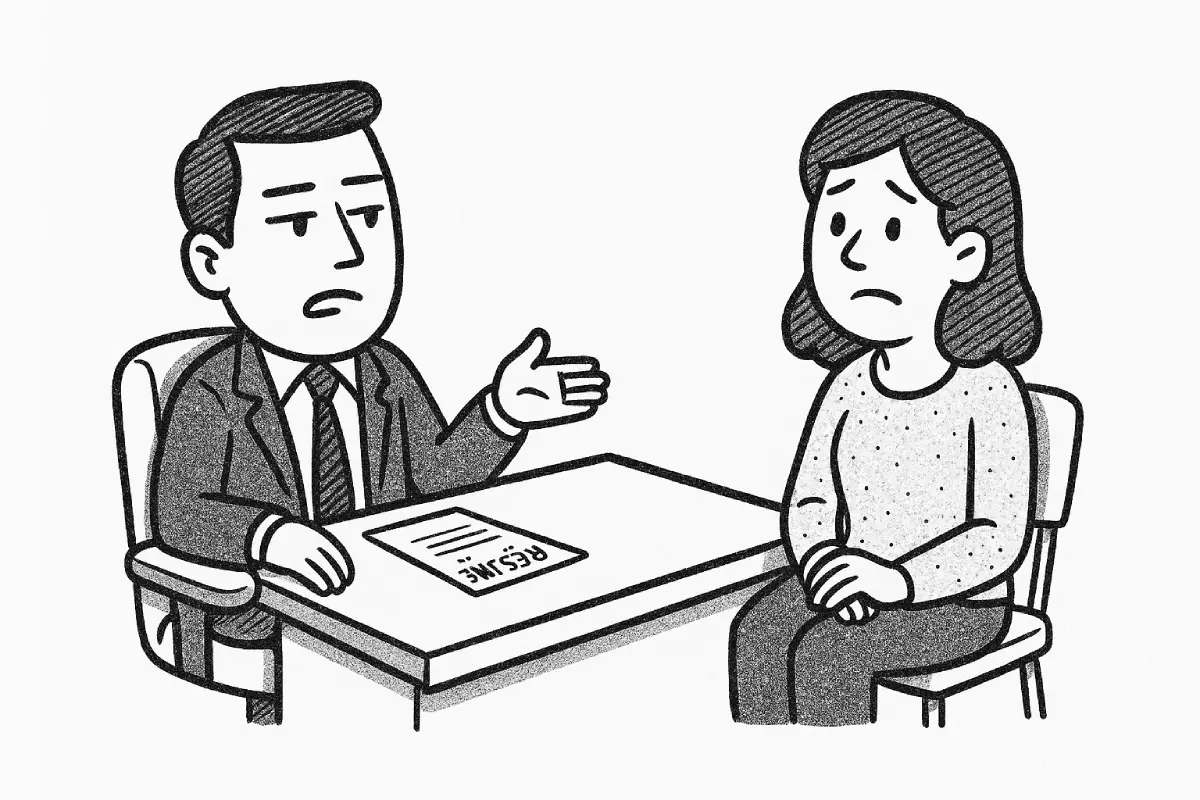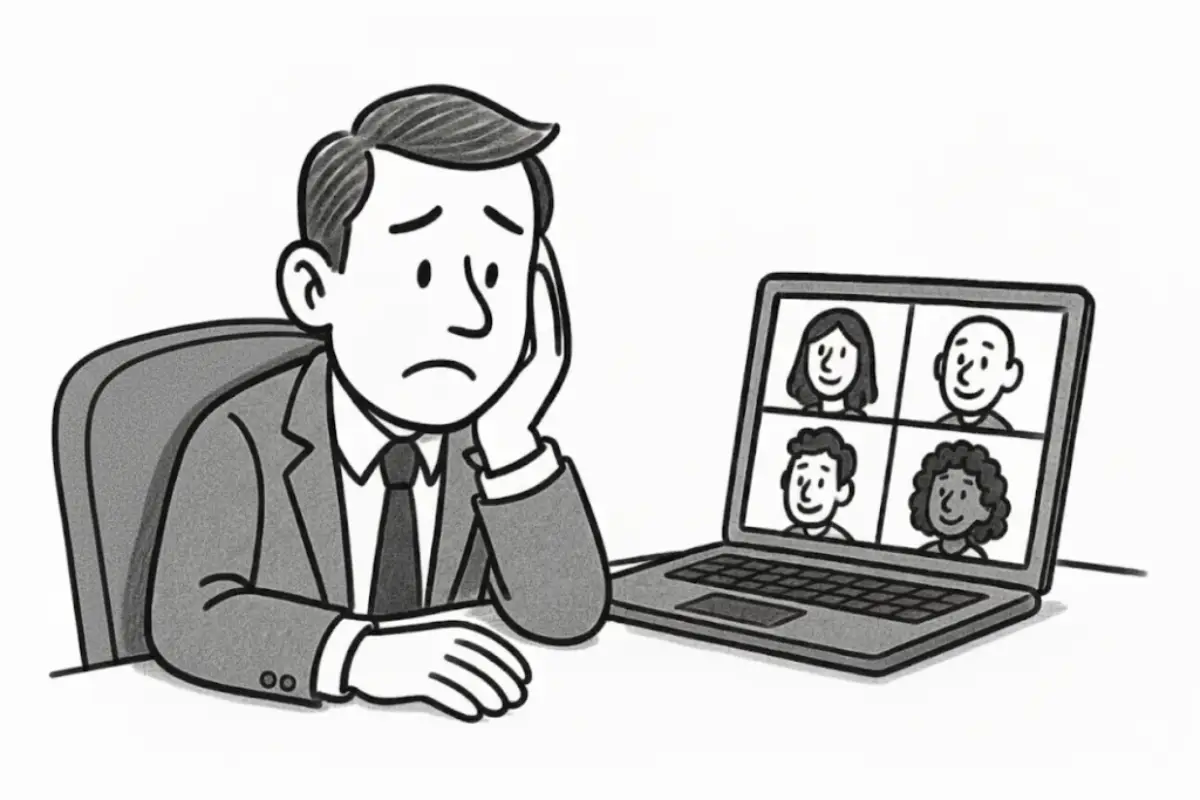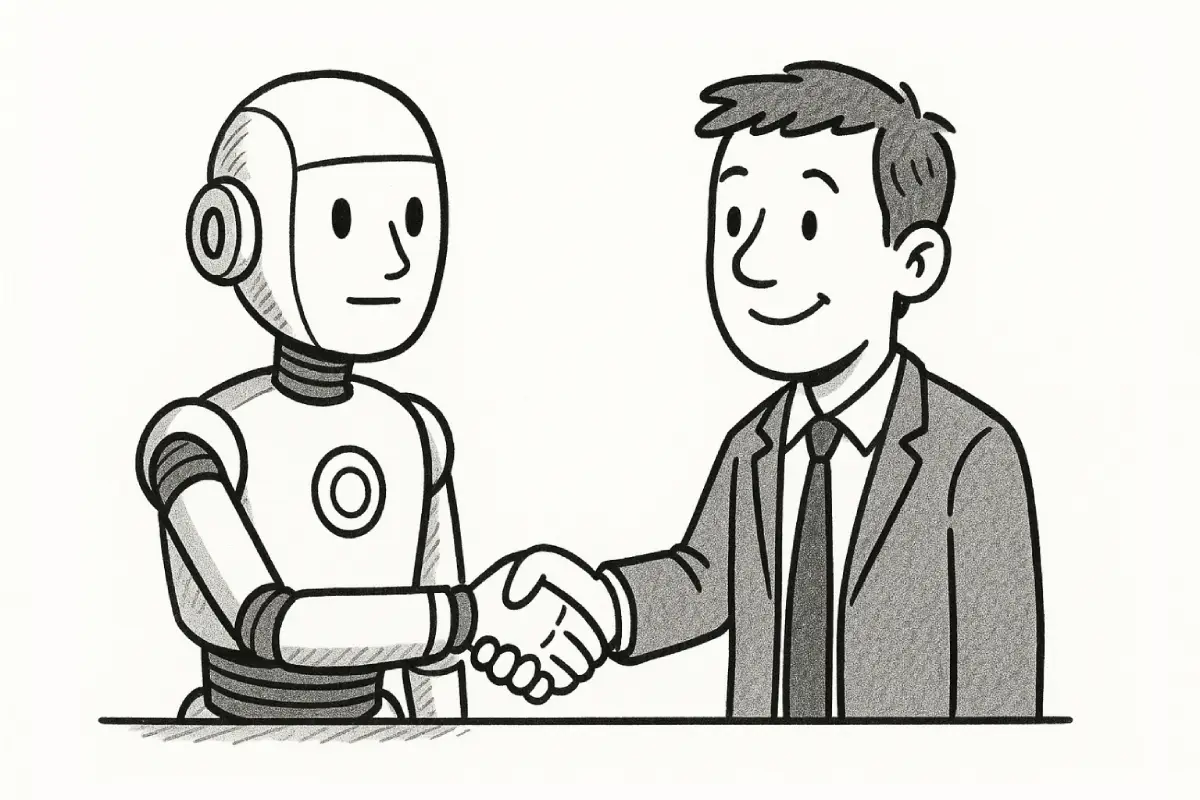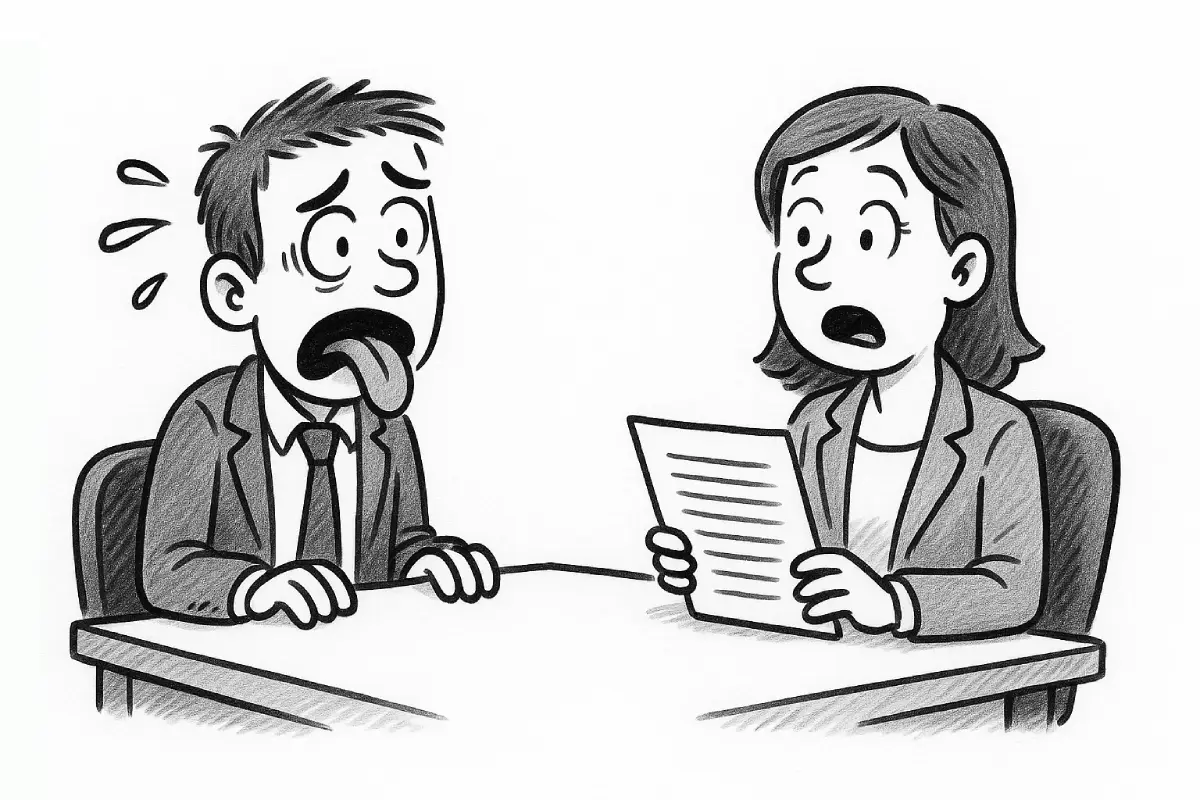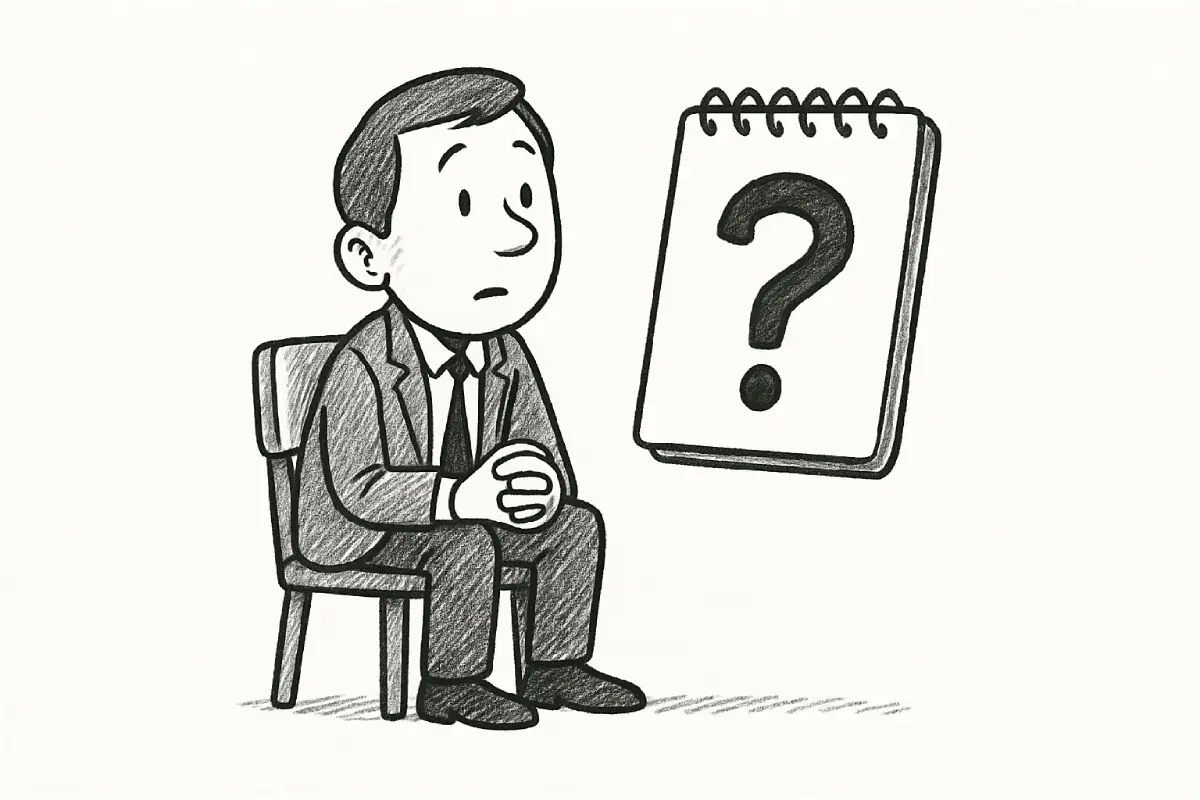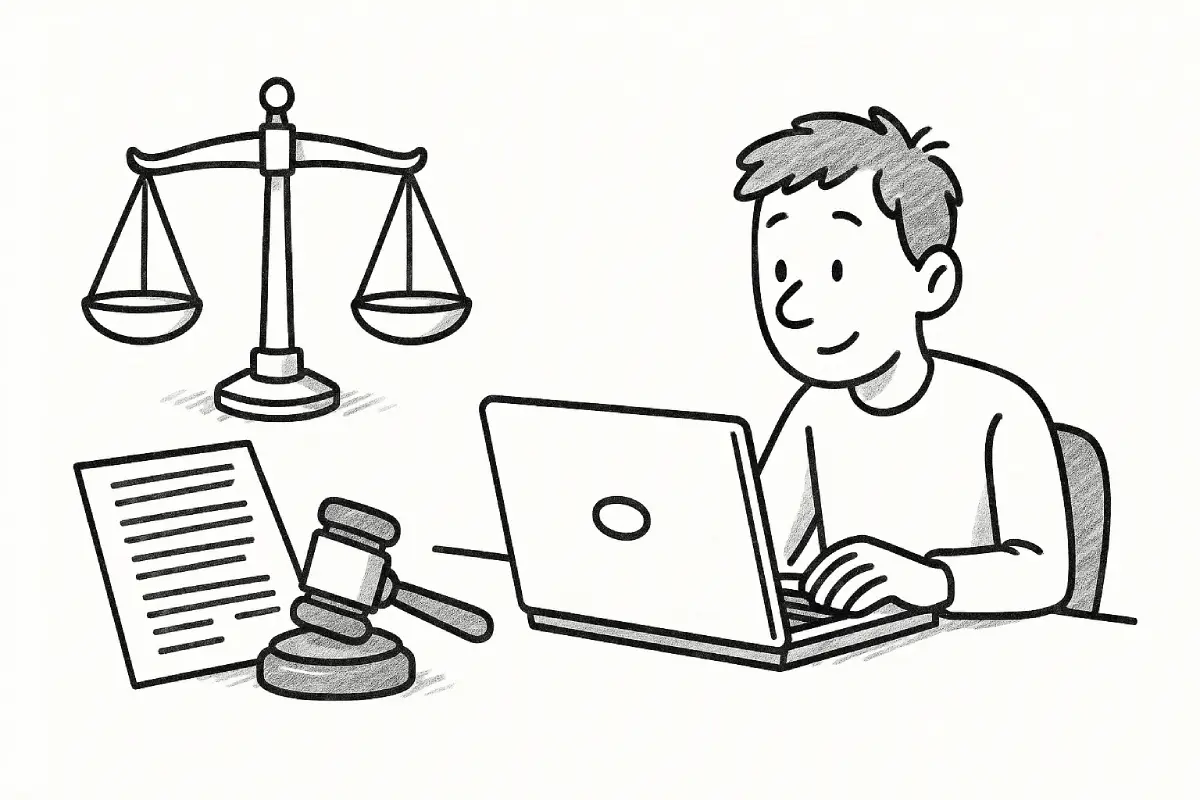The landscape of work has been forever changed by the rise of remote working. With this shift, remote job interviews have become a critical component of the hiring process. Conducting these interviews effectively is crucial for both employers and candidates to ensure a good fit and a successful working relationship. This article provides comprehensive tips for both sides of the interview process, blending practical advice with personal insights.
The Employer’s Perspective
Preparing for the Interview
Preparation is key. As an employer, it’s essential to establish clear objectives for what you want to achieve from the interview. Define the skills and attributes you are looking for in a candidate. Craft specific questions that will help you evaluate these traits.
Personal Insight: I recall the first time I conducted a remote interview; it was chaotic. The lack of preparation was evident, and the interview felt disjointed. Learning from that experience, I now spend ample time preparing, and the difference is remarkable.
Choosing the Right Technology
Select a reliable video conferencing platform. Popular choices include Zoom, Microsoft Teams, and Google Meet. Ensure that both you and the candidate have tested the technology beforehand to avoid technical glitches.
Personal Insight: During an interview for a crucial role, the video platform I was using crashed multiple times. Since then, I always have a backup plan in place. It’s not just about having the right technology but also ensuring it works seamlessly.
Creating a Professional Environment
Even though the interview is remote, maintaining professionalism is crucial. Ensure your background is clean and free from distractions. Dress appropriately, as you would for an in-person interview. This sets the tone and shows respect for the candidate.
Personal Insight: In one of my early remote interviews, I had a cluttered background, and my attire was casual. The candidate seemed distracted, and it was a lesson learned. A professional environment fosters a serious and respectful atmosphere.
Structuring the Interview
Start with a brief introduction about the company and the role. Outline the interview process so the candidate knows what to expect. Divide the interview into sections, focusing on different aspects such as technical skills, cultural fit, and problem-solving abilities.
Personal Insight: Structured interviews have consistently yielded better results in my experience. When candidates know what to expect, they perform better, and it allows for a more comprehensive assessment.
Focusing on Communication Skills
Remote work relies heavily on effective communication. Pay close attention to how candidates express themselves. Are they clear and concise? Do they listen actively? Communication skills are often a predictor of success in a remote role.
Personal Insight: One candidate I interviewed was technically brilliant but struggled with communication. Despite his expertise, he found it difficult to collaborate effectively in a remote setting. This reinforced the importance of strong communication skills.
Assessing Technical Skills Remotely
Consider using online assessments or coding challenges to evaluate technical skills. Tools like HackerRank, Codility, or customized tests can provide a clear picture of a candidate’s abilities.
Personal Insight: I’ve found that combining live coding sessions with pre-interview assessments gives a comprehensive view of a candidate’s technical prowess. It also helps gauge their problem-solving approach under pressure.
Evaluating Cultural Fit
Cultural fit is as important as technical skills. Discuss the company’s values and culture with the candidate. Ask behavioral questions to understand their work style and how they handle remote work challenges.
Personal Insight: One of the best hires I made was someone who perfectly aligned with our company culture. It was evident in how they answered behavioral questions and shared their remote work experiences. This alignment led to a smooth integration and high job satisfaction.
The Candidate’s Perspective
Researching the Company
Before the interview, thoroughly research the company. Understand its mission, values, products, and recent news. This not only prepares you for the interview but also shows the employer your genuine interest.
Personal Insight: In an interview with a tech company, my research on their recent projects impressed the hiring manager. It led to a deeper conversation and showed my enthusiasm for the role.
Setting Up a Professional Environment
Create a quiet, professional space for the interview. Ensure good lighting and a clean background. Test your internet connection and audio/video settings in advance.
Personal Insight: During one interview, my internet connection failed. I quickly switched to my phone’s hotspot, but the disruption affected my performance. Now, I always have a backup plan ready.
Practicing Common Interview Questions
Practice answering common interview questions related to your experience, skills, and problem-solving abilities. Use the STAR method (Situation, Task, Action, Result) to structure your responses.
Personal Insight: Practicing with a friend helped me refine my answers and gain confidence. It made a significant difference in my performance during the actual interview.
Demonstrating Communication Skills
Effective communication is crucial in a remote setting. Speak clearly, listen actively, and ensure your responses are concise. Engage with the interviewer and ask thoughtful questions.
Personal Insight: In one interview, my ability to communicate effectively stood out. I received feedback that my clear and concise responses, combined with active listening, were key factors in getting the job.
Showcasing Remote Work Skills
Highlight your experience and skills related to remote work. Discuss your time management, self-discipline, and familiarity with remote collaboration tools.
Personal Insight: During a remote interview, I shared my strategies for managing time zones and staying productive. This demonstrated my readiness for remote work and impressed the interviewer.
Asking the Right Questions
Prepare questions to ask the interviewer. Inquire about the company’s remote work policies, team collaboration methods, and expectations for the role. This shows your proactive approach and interest in the position.
Personal Insight: Asking about the company’s remote work culture provided valuable insights and helped me gauge if it was the right fit for me. It also impressed the interviewer, showing my attention to detail.
Following Up After the Interview
Send a thank-you email after the interview. Express your gratitude for the opportunity and reiterate your interest in the role. This leaves a positive impression and keeps you top of mind.
Personal Insight: A follow-up email after an interview led to an offer. The employer appreciated my promptness and enthusiasm, reinforcing the positive impression I made during the interview.

Overcoming Common Challenges
Technical Issues
Technical problems can arise despite the best preparations. Have a backup plan and remain calm if issues occur. Inform the interviewer promptly and work together to resolve the problem.
Personal Insight: In one interview, my video froze repeatedly. I switched to a phone call, and the interviewer appreciated my quick thinking and adaptability.
Building Rapport Remotely
Building rapport in a remote interview can be challenging. Use small talk at the beginning to establish a connection. Smile, make eye contact, and engage actively.
Personal Insight: Starting with a casual conversation about shared interests helped break the ice and made the interview more comfortable and productive.
Managing Time Zones
For global positions, managing time zones can be tricky. Schedule interviews at mutually convenient times and confirm the time zone in advance to avoid confusion.
Personal Insight: In one international interview, a time zone mix-up led to a missed meeting. Since then, I always double-check and confirm the time zone with the interviewer.
Conclusion
Remote job interviews are now an integral part of the hiring landscape. For employers, thorough preparation, choosing the right technology, and focusing on communication and cultural fit are crucial. For candidates, researching the company, setting up a professional environment, and showcasing remote work skills are essential steps to success.
Personal Experience: Reflecting on my journey, both as an interviewer and a candidate, the key takeaway is that preparation and adaptability are paramount. Embrace the challenges of remote interviews as opportunities to demonstrate your skills and readiness for remote work. With the right approach, remote job interviews can lead to successful and fulfilling professional relationships.
You might also like: How to Use AI Tools Ethically in Your Job Search
